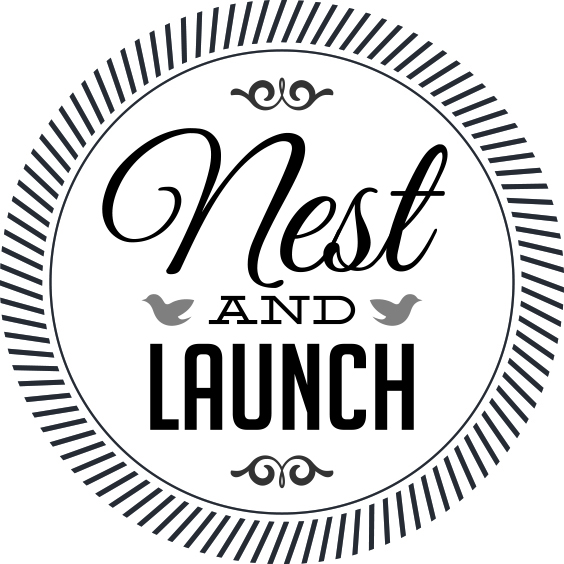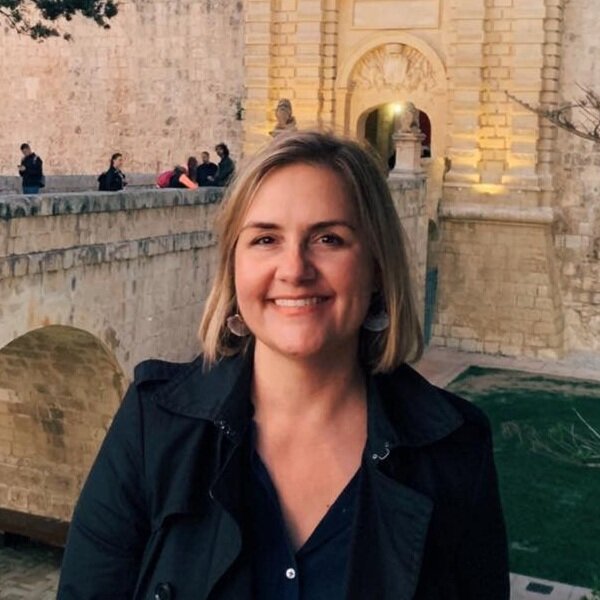A few good gems
/You may have noticed our relaxed posting schedule this week. We're taking it a bit easy during the month of August and posting on Mondays, Wednesdays, and Fridays. We're each launching a daughter this month and it takes a village plus a lot of shopping time, errands, and hand-wringing to launch a child!
photo via dimasmelfi
- Saying good riddance to the clean-plate club. Some interesting thoughts from a family nutritionist about ending the ol' sit-there-until-you're-done practice. She emphasizes instead a more healthy approach of helping kids paying attention to more internal cues, like eating until you're full. What do you think? Did you have a clean-plate approach in your family growing up?
- I love the concept of Community Supported Agriculture as a way for consumers to buy seasonal food directly from local farmers. So I did a mental back handspring (the only kind I know how to do) when I read that there now are CSAs for art! For instance, in one program nine selected artists receive a commission to create artwork and then each member's share includes one piece from each artist over the season. Here's a map of existing art CSAs and some resources for starting one in your area.
- I've been a calligraphy/handwriting admirer/novice every since I spent hours reworking my handwriting during the downtime at my gig as a hospital snack bar volunteer when I was 12 (whew! that was a jungle of prepositional phrases!). Recently I've had a hankering to get my pens and ink back out again. This clip was a amazing reminder of the power of disciplined practice and the beauty of the sweep of ink on paper:
- NPR put together a list of the 100 best-ever teen novels based on a poll of 75,000+ listeners. It's an interesting line-up and might give you some ideas if your kids are reaching the end of the bookshelf and looking for some new recommendations. (As always, pre-screen these for your own kids' developmental level and readiness; there are a few picks on there I would hold off on reading until they are older teens.)
-I love a good photo project but I sometimes feel like I've already missed the bus with those cute monthly infant shots or yearly photos on the same chair. This one, fusing a shot of a grandmother and a granddaughter, both at age 20, would be fantastic to try (see below). And this beautiful series of yearly photos of four sisters over 36 years (!) inspired and comforted me because (whew) it's not too late to start it. This one was launched when the four sisters were young adults.
Happy weekending, all! See you back here on Monday.



























